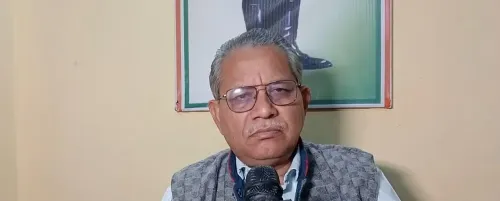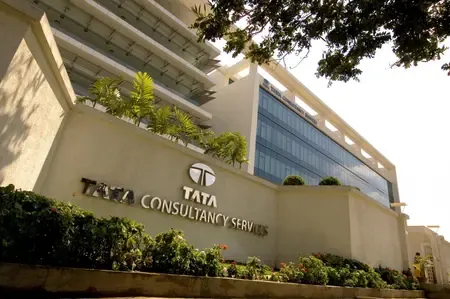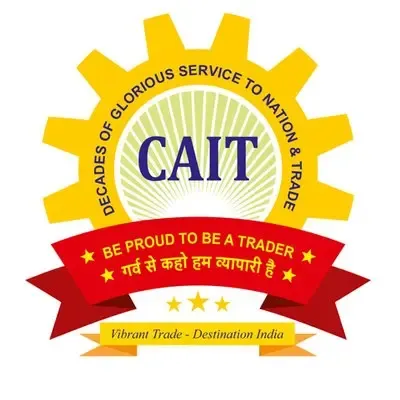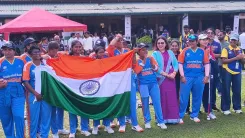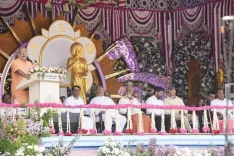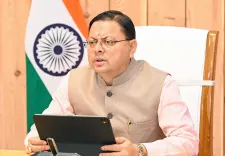How is India Strengthening Its Textile and Sericulture Ties with Georgia?
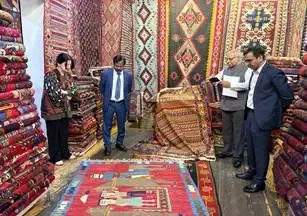
Synopsis
Key Takeaways
- Strengthened cooperation in sericulture and textiles between India and Georgia.
- Showcased innovative products like the 5-in-1 Silk Stole.
- Opened new avenues for bilateral trade.
- Established pathways for institutional partnerships and technical collaboration.
- Emphasized India's leadership in sustainable practices in the textile sector.
New Delhi, Nov 23 (NationPress) Aiming to enhance collaboration in sericulture research, textiles, and apparel trade, a prominent delegation from the Ministry of Textiles successfully wrapped up a multi-sectoral engagement in Georgia from November 17 to 21, as stated in an official announcement on Sunday.
The delegation, headed by P. Sivakumar, Member Secretary of the Central Silk Board (CSB) and Secretary General of the International Sericultural Commission (ISC), took part in the 11th BACSA International Conference – CULTUSERI 2025. During the conference, Sivakumar delivered the opening address on behalf of ISC, emphasizing India's prominence in traditional silk knowledge and its significance for the creative and cultural industries.
He also shared a technical paper titled “The Chronicles of Wild Silk.”
Throughout the visit, the CSB introduced its innovative “5-in-1 Silk Stole,” a luxurious product combining Mulberry, Oak Tasar, Tropical Tasar, Muga, and Eri silks.
This product, initiated by the Member Secretary, was presented as a unique emblem of India's rich silk heritage with substantial market potential.
The delegation interacted with key Georgian institutions, including universities, sericulture laboratories, research centers, textile firms, apparel manufacturers, carpet traders, and the Georgian Chamber of Commerce and Industry (GCCI).
These discussions highlighted opportunities for strengthening bilateral textile trade, fostering industry collaborations, and exploring joint research initiatives in sericulture.
Meetings with senior officials of the Georgian Government aimed to identify new collaboration areas, enhance market access, and expand trade in textiles, apparel, carpets, and value-added silk products.
The dialogues during these meetings opened new pathways for trade diversification, particularly in carpets and high-value textile items, indicating strong mutual interest.
Moreover, the visit laid down clear frameworks for institutional partnerships and technical collaborations, promoting long-term knowledge exchange and capacity building. India’s active role in the BACSA international platform further solidified its global position in advancing sustainable sericulture and textile development.


